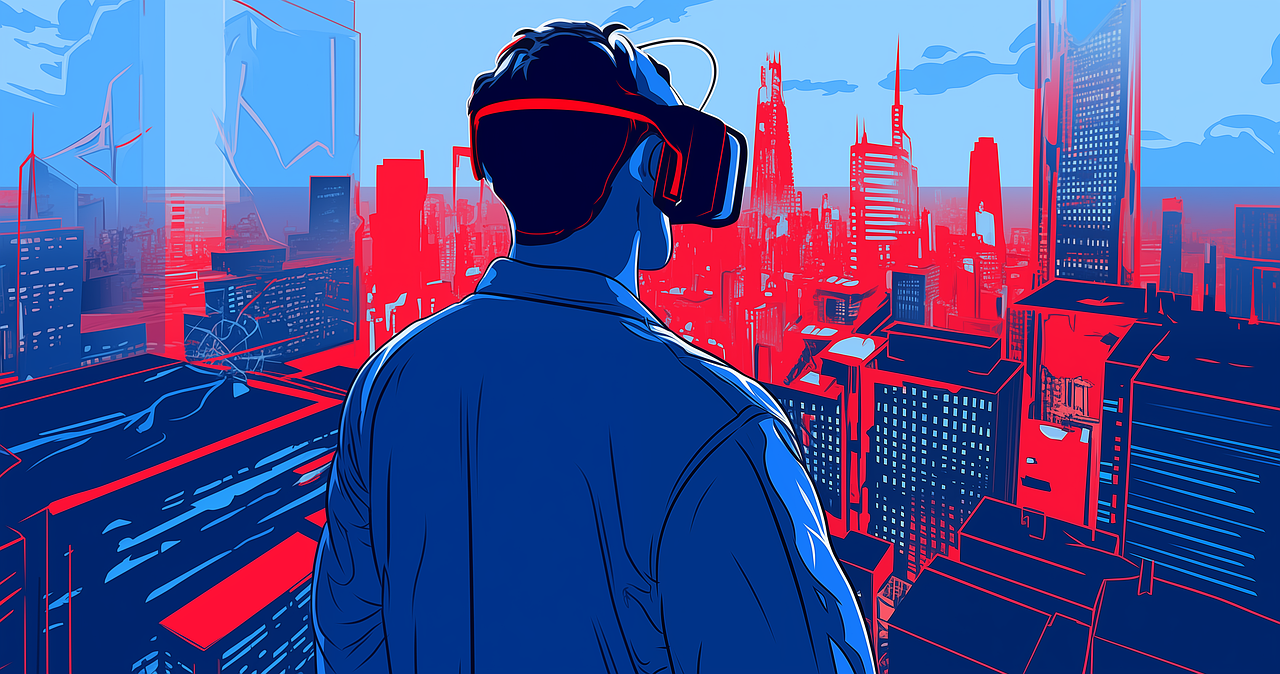The Impact of Generative AI on Marketing Productivity: Transforming Efficiency and Creativity Introduction: From Early Tools to Generative AI 3 decades back, the advent of word processors and spreadsheets ushered in a guarantee of higher performance. Yet, in spite of these developments, work broadened, therefore did the intricacy of jobs. Today, as we stand on the limit of another transformation-- this time, powered by generative AI-- the opportunity to redefine productivity, particularly in marketing, is huge. This post will delve into how generative AI is set to reshape marketing, offering insights on how marketing leaders can leverage this technology to boost performance, foster creativity, and keep brand name uniqueness. --. ##The Current Landscape: Why Marketing Needs a Productivity Boost. In today's marketing environment, groups manage data-driven tasks, customization efforts, and multichannel techniques. Online marketers are anticipated to produce content, evaluate customer behavior, and optimize projects-- all while staying real to the brand's voice and function.

Generative AI, which can handle repeated tasks, analyze vast datasets, and produce tailored material, could become the key to accomplishing these goals. ##How Generative AI Increases Marketing Productivity 1. Automating Repetitive Tasks. From information entry to basic content creation, generative AI can handle time-consuming, low-impact jobs. Tasks like preparing e-mail design templates, summarizing reports, or organizing campaign information can be handed off to AI, releasing marketers to concentrate on technique. ###2. Material Creation and Personalization at Scale. Among the most powerful applications of generative AI in marketing remains in content generation. AI tools can produce posts, social networks posts, or perhaps video scripts customized to different audience sectors. This allows marketers to reach customers with highly customized content without frustrating group resources. ###3. Predictive Analytics and Decision-Making. Generative AI does not just develop-- it discovers. By analyzing past campaigns, generative AI can make data-driven forecasts that assist marketing method.

For instance, AI can assist anticipate patterns, enabling online marketers to proactively adjust their projects. --. ##Challenges and Considerations: Balancing Productivity with Brand Identity. While AI provides considerable productivity gains, there are concerns about preserving credibility and imagination. Generative AI's capability to quickly create material could lead to a homogenized brand voice if not thoroughly managed. ###Embracing AI without Losing the Human Touch. Marketers require to make sure that AI-driven material feels personal and reflects the brand's special identity. This can be attained by:. - Ensuring Human Oversight : AI-generated content should be examined and improved to show the brand's voice. - Setting Clear Parameters : Brands must develop standards to guarantee AI doesn't wander off from their core message. - Cultivating a "Left-AI Brain" : Building a technically competent group that can manage and enhance AI tools while keeping imagination is essential. ##Real-World Applications: How Brands Are Using Generative AI to Boost Productivity.

1. Automating Social Media : AI-powered platforms can automatically create, schedule, and publish posts. Brands can preserve a constant online presence without daily input from social media supervisors. 2. Dynamic Email Campaigns : AI can generate highly tailored e-mail content, making use of insights from client habits and preferences. 3. SEO Optimization : AI tools help with keyword research study, content structuring, and performance analysis, helping brand names boost their SEO technique more efficiently. 4. Enhanced Consumer Insights : Generative AI examines consumer habits patterns, offering insights that assist brands personalize messaging. --. ##Protecting Creativity in an AI-Driven World. While AI deals with data-driven tasks well, creativity stays an important human property. To safeguard creative stability:. - Balance Automation with Innovation : Use AI for effectiveness but let people drive imaginative ideation. - Invest in Human Talent : Teams should have dedicated creatives whose sole focus is brand differentiation.

- Develop a Clear Creative Vision : This functions as a framework to ensure AI-generated material aligns with the brand name's innovative standards. ##Key Takeaways: Strategies for Leveraging AI in Marketing. 1. Identify Routine Tasks for AI : Begin with automating low-impact, high-volume tasks. 2. Emphasize Personalized Content : Use AI to improve customer connection through pertinent and engaging material. 3. Expand Data Partnerships : Leveraging varied information sources helps maintain significance and accuracy in AI-driven campaigns. 4. Prioritize a Unique Brand Voice : Maintain credibility by striking a balance in between AI efficiency and human insight. 5. Stay Agile and Adaptable : As AI progresses, online marketers must continue discovering and adjusting to optimize its potential. ##Conclusion: Thriving in an AI-Powered Marketing Landscape. Generative AI offers transformative possibilities for marketing productivity, but its value depends on cautious integration. By concentrating on techniques that stabilize AI's prospective with a dedication to brand name imagination, marketers can grow in this new landscape.

The future of marketing is one where AI and human creativity work together to deliver remarkable, appealing, and reliable projects. --. Would you like more growth on any of these segments, or would you like the article formatted in a specific strategy?
 Add Row
Add Row  Add
Add 




Write A Comment